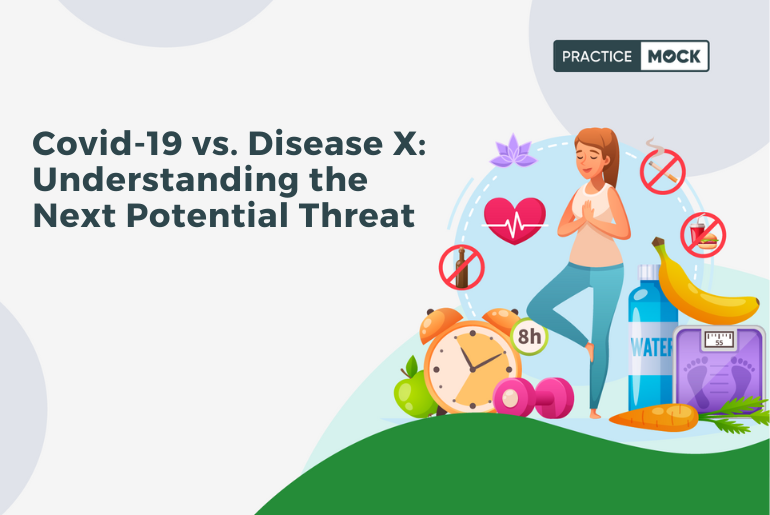The world has experienced the devastating impact of Covid-19, a global pandemic that has claimed millions of lives and disrupted economies and daily life. But what if there were a disease even deadlier and more contagious than Covid-19 on the horizon? This hypothetical threat is often referred to as “Disease X,” and understanding its potential consequences is crucial for global health preparedness.
What Is Disease X?
Disease X is not a specific disease but rather a placeholder term used by health experts to describe the possibility of a new, unknown pathogen emerging in the future. It represents a hypothetical scenario where a new infectious disease, with the potential to cause a pandemic, could emerge unexpectedly. Disease X serves as a reminder that we must remain vigilant and prepared for the emergence of novel pathogens.
Learning from the Covid-19 Experience
The Covid-19 pandemic has taught us valuable lessons about how to respond to a global health crisis. It has underscored the importance of early detection, transparency in reporting cases, international cooperation, and the development of vaccines and treatments. These lessons will be crucial in responding to Disease X if it were to become a reality.
Potential Characteristics of Disease X
While Disease X remains a theoretical concept, experts have considered various characteristics that such a pathogen could possess. These include high transmissibility, a significant asymptomatic carrier rate, resistance to existing treatments or vaccines, and the ability to cause severe illness or death. The unpredictable nature of Disease X makes it a challenging threat to prepare for.
Global Preparedness and Research
In response to the potential threat of Disease X, the global health community has made significant strides in preparedness and research. Organizations like the World Health Organization (WHO) and the Centers for Disease Control and Prevention (CDC) continuously monitor emerging diseases and work on improving surveillance systems to detect potential outbreaks early.
Vaccine Development and Rapid Response
Vaccine development is a critical component of preparedness for Disease X. Advances in vaccine technology and research have enabled the rapid development and distribution of Covid-19 vaccines. This experience has shown that with global cooperation and funding, it is possible to accelerate vaccine development to combat emerging threats.
Public Health Measures and Surveillance
Preventing the spread of Disease X would require robust public health measures, including testing, contact tracing, quarantine protocols, and travel restrictions if necessary. Additionally, investing in global surveillance networks to detect unusual disease patterns and genetic sequencing capabilities would be vital.
The Importance of International Cooperation
Addressing the potential threat of Disease X necessitates international collaboration and information sharing. Countries and organizations must work together to coordinate responses, share data, and provide assistance to affected regions promptly.
Conclusion: Staying Prepared for the Unknown
Covid-19 has highlighted the vulnerability of our global health systems to emerging infectious diseases. While Disease X is a hypothetical concept, it serves as a stark reminder that we must remain vigilant and prepared for the unexpected. Investing in research, vaccine development, surveillance, and international cooperation is key to mitigating the impact of any future global health threat, be it Disease X or another novel pathogen.
- Sign Up on Practicemock for Updated Current Affairs, Free Topic Tests and Free Mini Mocks
- Sign Up Here to Download Free Study Material
Free Mock Tests for the Upcoming Exams
- IBPS PO Free Mock Test
- RBI Grade B Free Mock Test
- IBPS SO Free Mock Test
- NABARD Grade A Free Mock Test
- SSC CGL Free Mock Test
- IBPS Clerk Free Mock Test
- IBPS RRB PO Free Mock Test
- IBPS RRB Clerk Free Mock Test
- RRB NTPC Free Mock Test
- SSC MTS Free Mock Test
- SSC Strenographer Free Mock Test
- GATE Mechanical Free Mock Test
- GATE Civil Free Mock Test
- RRB ALP Free Mock Test
- SSC CPO Free Mock Test
- AFCAT Free Mock Test
- SEBI Grade A Free Mock Test
- IFSCA Grade A Free Mock Test
- RRB JE Free Mock Test
- Free Banking Live Test
- Free SSC Live Test


